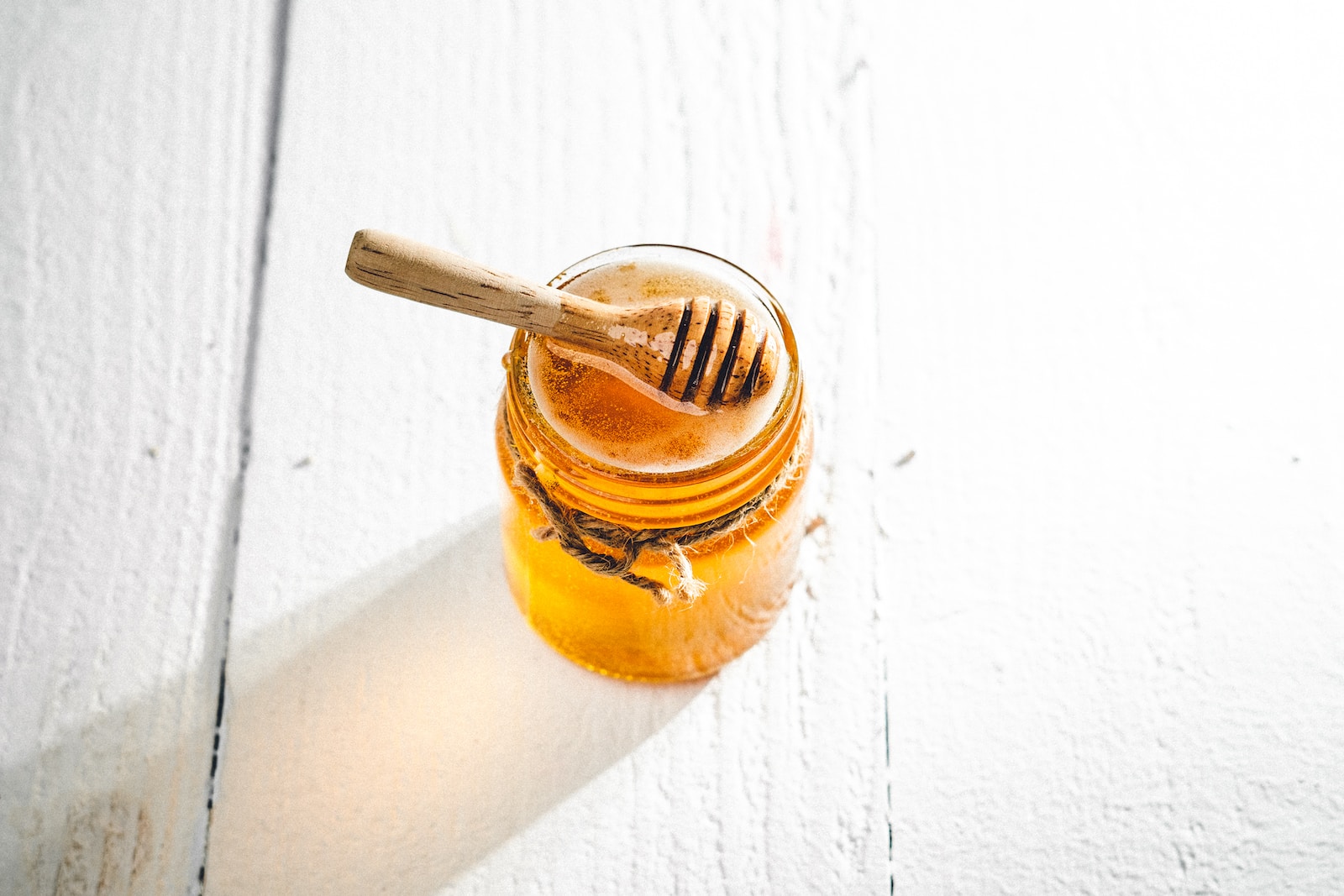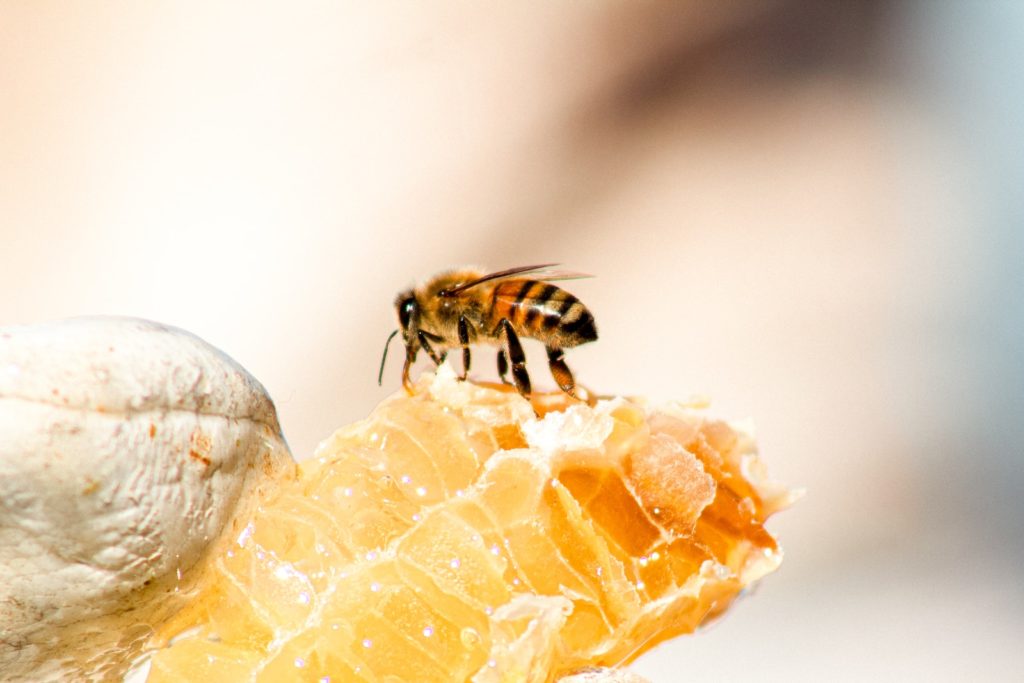
Have you ever stood in front of the honey section at a grocery store, perplexed by the various options and wondering what’s really going on? You’re not alone! There’s been a lot of buzz about honey lately, and for a good reason. Honey has been cherished for ages, but not everything you find on the supermarket shelves is what it seems. Join us as we delve into the intriguing world of honey, uncovering its secrets, and exploring the surprising role honey bees play in society.
The Incredible Importance of Honey Bees
Honey isn’t just a sweetener for your tea; it has a fascinating history deeply intertwined with human development. Some researchers argue that honey was pivotal in fueling our brain development over a million years. The honey bee, a diligent and hardworking creature, plays a critical role in our ecosystem. Not only do they contribute to a multi-billion dollar global honey market, but they are also indispensable for pollinating our crops and ensuring a stable food supply.

The Plight of the Honey Bees
Unfortunately, honey bees face numerous challenges in today’s industrialized food system. As our world becomes more reliant on monoculture farming, bees struggle to find diverse ecosystems where they thrive. Consequently, beekeepers transport bees across vast distances to pollinate crops, adding further strain to their already demanding existence. Bees are caught in a paradox, and their survival is crucial for the health of our planet.
The Honey Market – A Sticky Situation
As the demand for honey increases, the industry faces both ethical and fraudulent practices. Commercial beekeepers often resort to overharvesting honey, compromising the health and well-being of bees. Large-scale honey producers dilute their products with fillers like corn and sugar cane, while some suppliers even remove pollen from honey, leaving it devoid of essential nutrients.
The Hunt for Authentic Honey
Finding authentic honey amidst the sea of imitations can be challenging but rewarding. While not all supermarket honey is a scam, it’s essential to look for True Source certified honey, ensuring authenticity and traceability. Raw and organic labels can be helpful, but the ultimate solution is to source honey from local beekeepers, preferably at farmer’s markets. Supporting sustainable and small-batch honey production not only yields more flavorful honey but also helps the environment and local food systems.
A Sweet Future
Despite the challenges faced by honey bees and the complexities of the honey market, there is hope on the horizon. By supporting sustainable and local honey production, we can contribute to a better future for ourselves and the environment. Making conscious choices about the honey we consume leads to positive changes in the entire honey industry. So, the next time you pick up a jar of honey, remember that your choices can make a significant impact on our planet and the bees that play such a vital role in our lives.
Conclusion – A Bee-autiful Journey
The journey into the world of honey has been both eye-opening and inspiring. From the incredible importance of honey bees to the challenges faced by the honey industry, we’ve learned that honey is more than just a sweet treat—it’s a symbol of our connection to the natural world. By supporting local and sustainable honey production, we can sweeten our lives while safeguarding the bees and our environment. So let’s embrace the sweetness of honey and embark on a journey to a better, bee-autiful future!
Key Takeaways
- Honey is a hot topic with deceptive products in the market.
- Honey bees are crucial for our ecosystem and face challenges in industrialized farming.
- The honey market struggles with fraud and unethical practices.
- Supporting local and sustainable honey production is key to a better future for bees and the environment.

Leave a Reply
You must be logged in to post a comment.